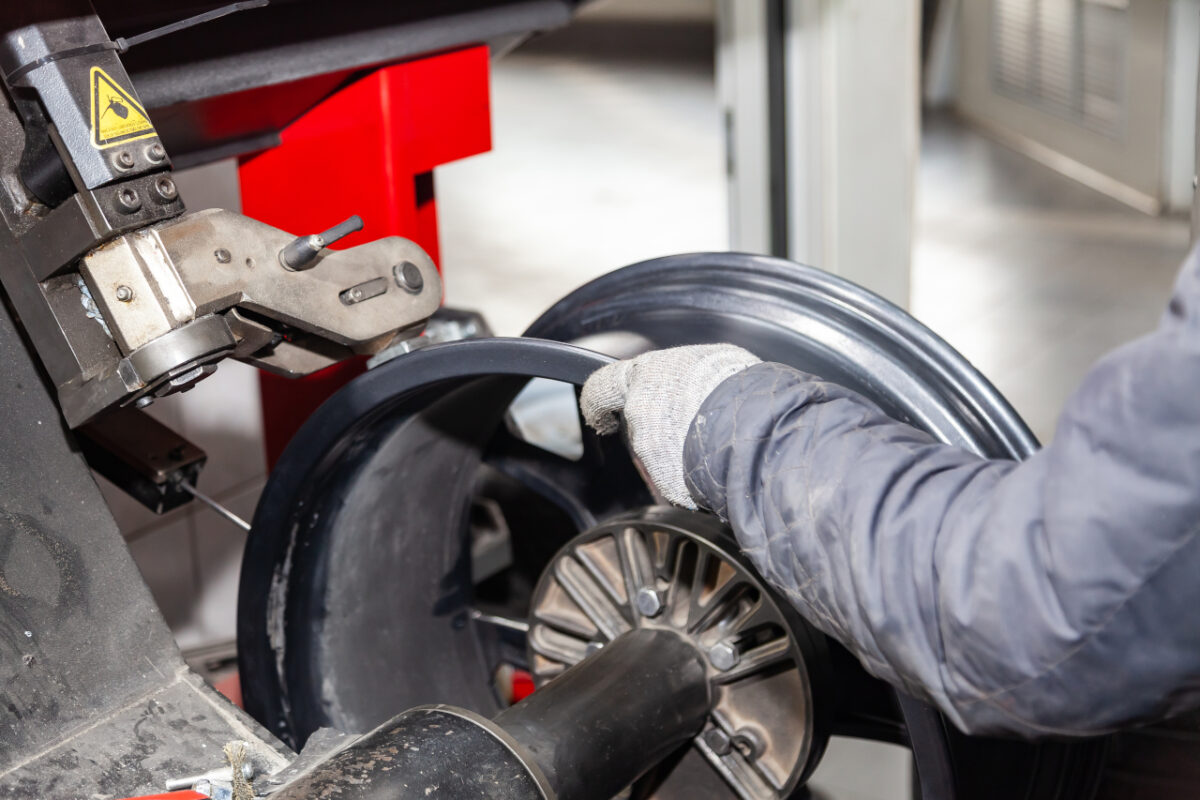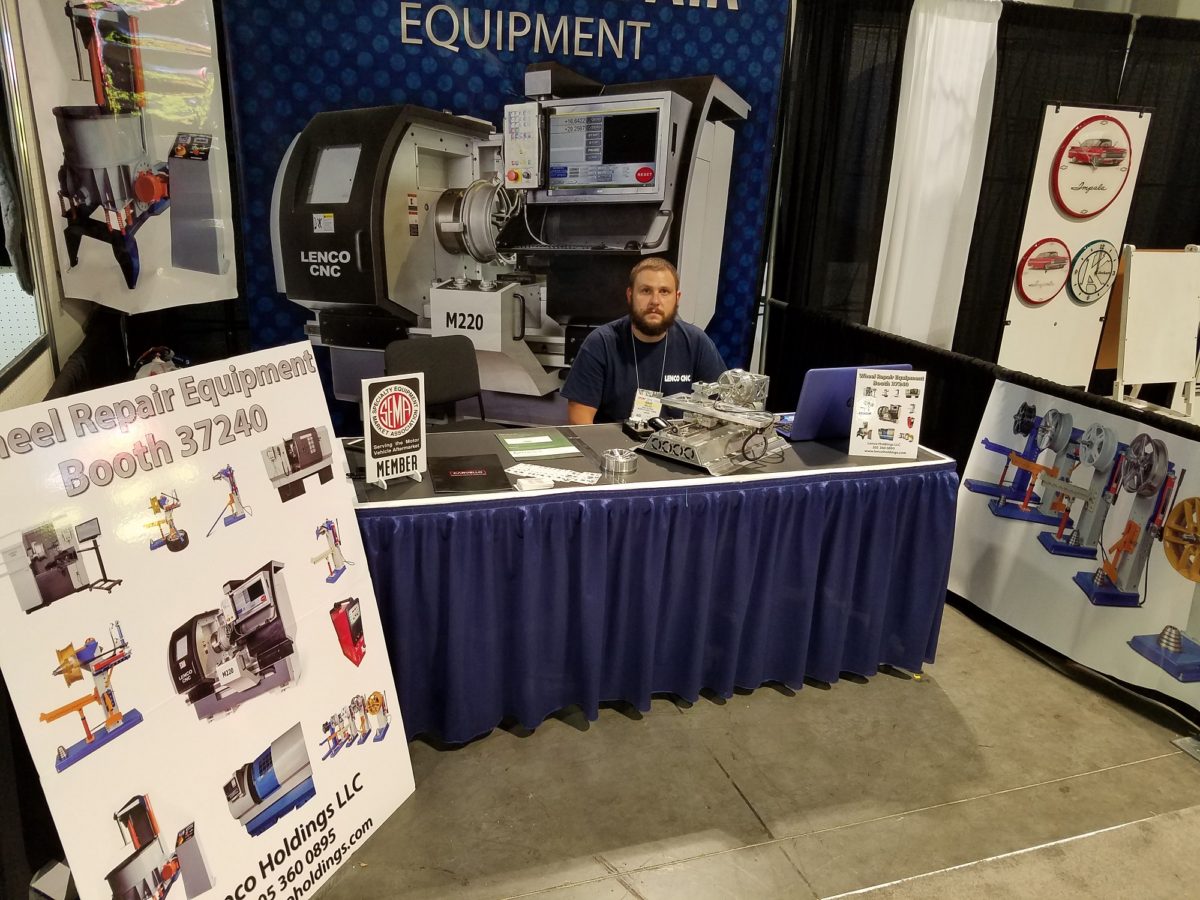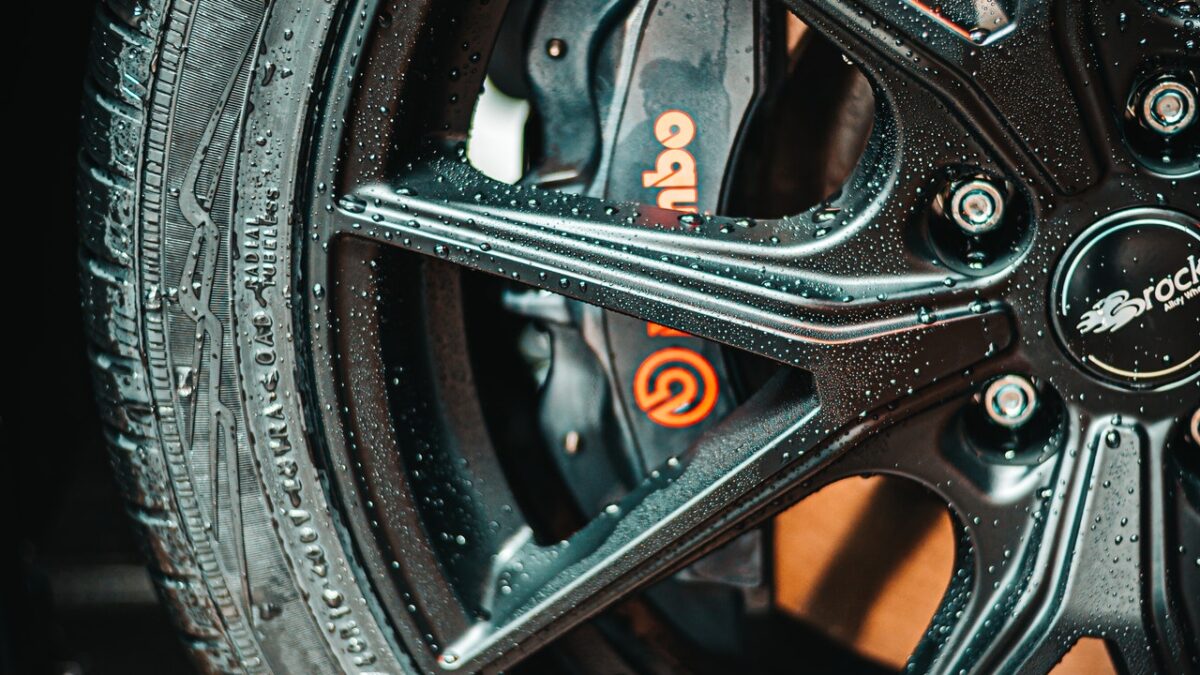As more people choose to purchase used cars for their affordability, so more car dealerships need to maintain and repair damage to sell used cars for a profit. The benefit of knowing how to repair rims on a used car means dealerships no longer need to seek the advice of wheel repair specialists, and buyers are more inclined to purchase as there is little repair work for them to outsource after buying the vehicle. This streamlines the process and ensures that your dealership can maximize your return on investment. In this article, we share everything you need to know about repairing rims on a used car and provide guidance on the machinery necessary to help you do so.
Understand the Damage
Dealerships must take stock of damages as they receive used cars to determine how best to repair the rim. Physical damage refers to any rim damage that impacts the performance of the vehicle while cosmetic damage refers to rim damage that affects the car’s aesthetic appeal.
Typical types of physical damage including the following:
- Curb rashes: scrapes that occur on the outer rim as a result of bumping up against curbs. These rashes begin as small scratches, however, they can quickly become serious physical damage if left unchecked.
- Bends: hitting potholes, road hazards, and curbs can cause bent wheels which greatly impact the performance of the vehicle. Bent wheels can be extremely dangerous if left unrepaired as they impact handling and more.
- Cracks: from small and seemingly invisible hairline cracks to larger, more prominent cracks, this type of structural damage may be manageable short term but can become a more serious safety concern if left unrepaired.
Typical types of cosmetic damage include scratches, scrapes, and baked-on dust that form from casual road incidents over time. These are far less threatening from a safety perspective and more damaging to the visual appeal of one’s vehicle. Resolving cosmetic damage can justify a higher selling price.
Source the Appropriate Machinery
Car dealerships would greatly benefit from possessing the appropriate machinery to repair physical and cosmetic damage. There are a few necessary workshop machines that dealerships can source for the best prices from reliable manufacturers such as Lenco Holdings LLC. We outline these machines and what types of damage they help repair below:
CNC Lathe
Computer-operated CNC lathes can help your dealership repair cosmetic damage to alloy rims. This tool is used by professionals to smooth out the rims and remove the presence of scratches, scrapes, and chips. The best CNC lathes on the market come in ranges that offer unique specifications particular to your dealership’s requirements, and you can view the range here.
Wheel Straightener
The name sums up the purpose of this particular piece of machinery. Wheel straighteners remove bends from rims and help maintain a vehicle’s optimal performance. Wheel straighteners are an extremely important addition to your dealership as one cannot drive away with a used car that is affected by bends. This poses a major safety risk and reduces the value that the car can be sold for.
Wheel Polisher
Over and above using a CNC lathe, you can give the used car’s rims a brand new look using a wheel polisher. This specific tool incorporates vibratory technology to take dull-looking aluminum and give it a shiny, new look. With a wheel polisher, you can take old-looking rims and make them look as good as new, raising the potential selling value of the cars in your dealership.
You could also purchase an AC/DC tig welder for more serious jobs, however, these three pieces of machinery are the go-to investments to take your car dealership to the next level. With them, you can quickly and easily repair rims on a used car to sell that car to eager buyers in your area. Having access to these tools means that your dealership can save money traditionally used to seek the assistance of wheel repair specialists. Furthermore, your dealership can offer wheel repairs as a service to improve your portfolio and broaden your consumer base. With a CNC lathe, wheel straightener, and wheel polisher in your arsenal, you will have much better luck finding willing buyers of used cars.



